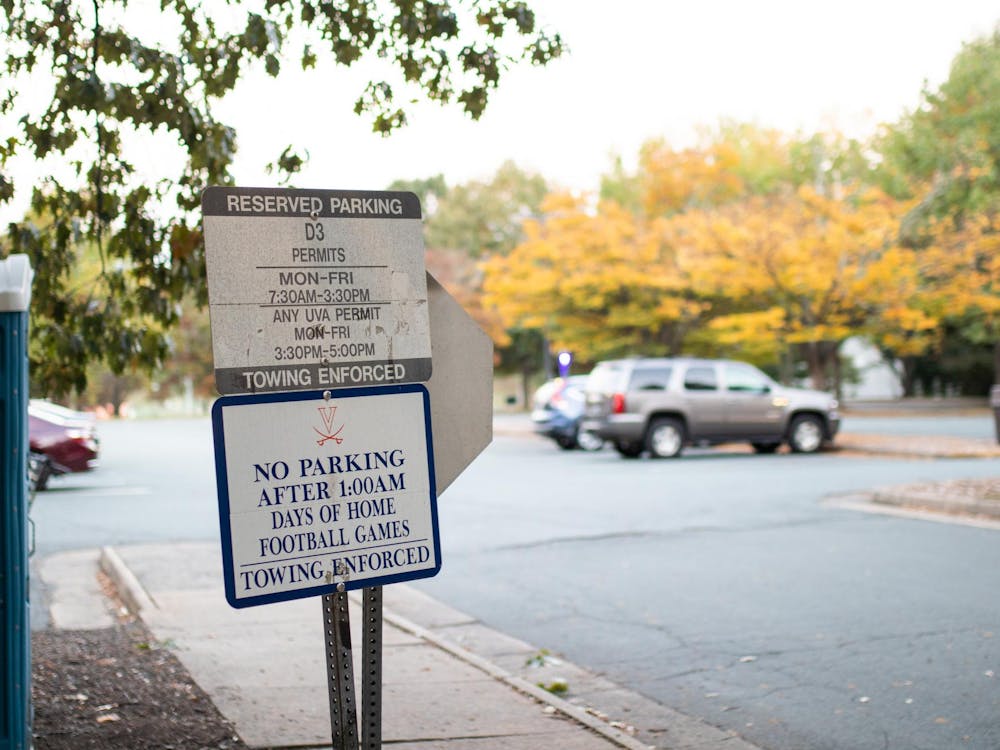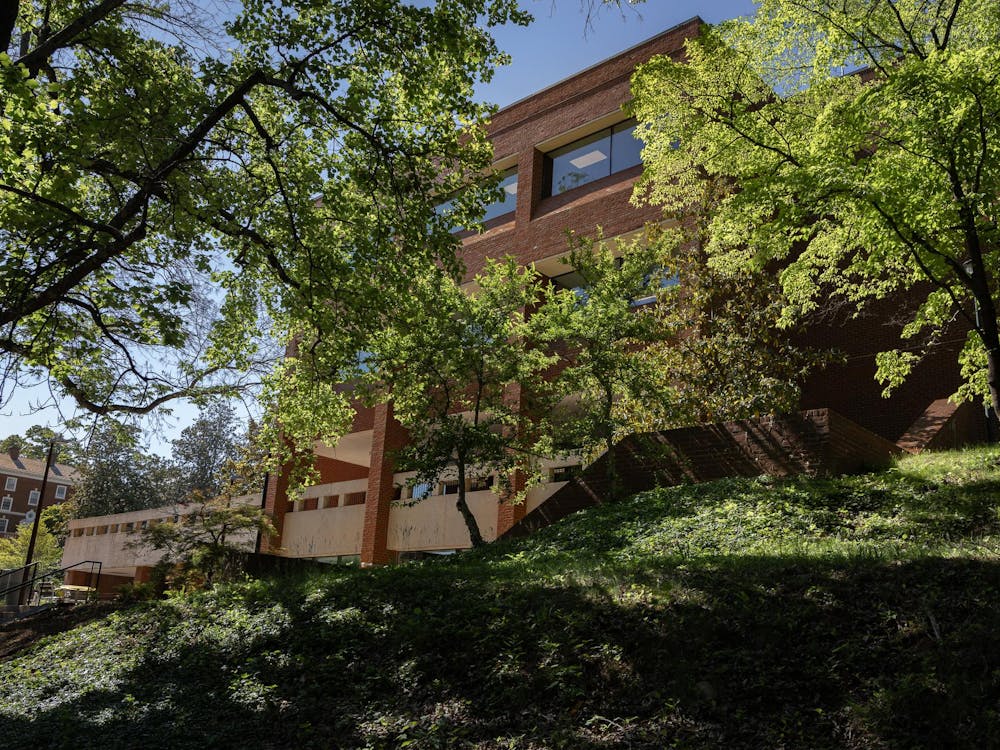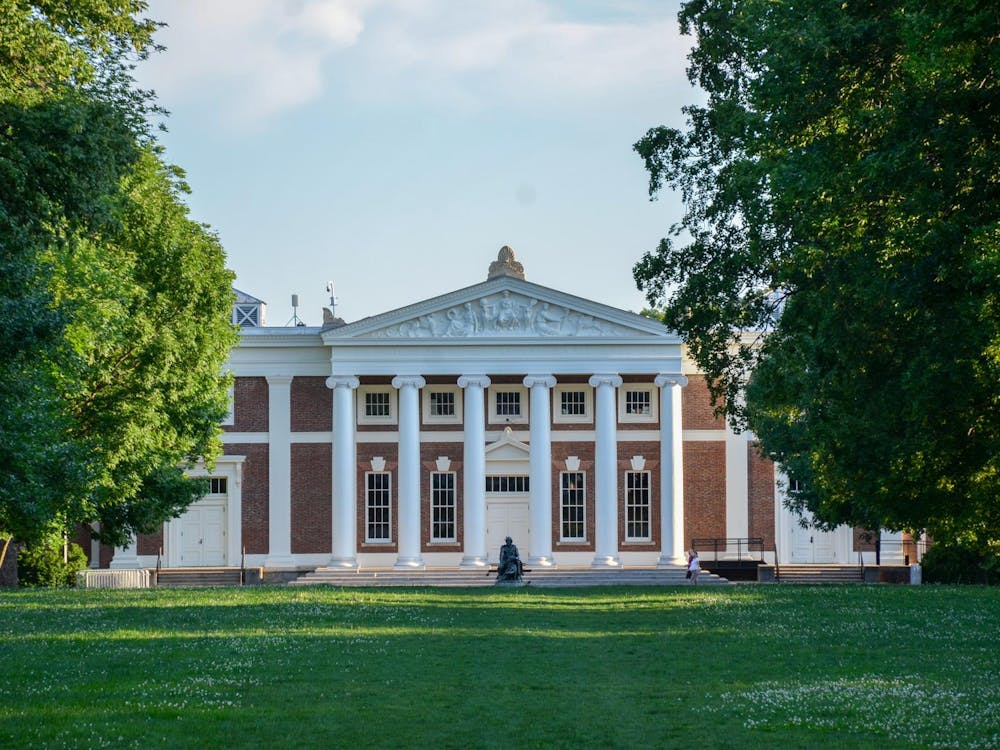As the countdown for last semester’s Lighting of the Lawn reached zero, nine illuminated letters rose above the crowd. They spelled out “DIVEST UVA.” This was the work of Climate Action Society, the University’s politically-minded environmental group, and we intended this action to spark public discussion about our campaign to withdraw the University’s endowment from investments in fossil fuels. Though the message was simple, the action’s development was long and deliberative. In the past year, we have tabled, petitioned, spoken with administration and worked with fellow student activists across the state to build our understanding of the issue and our power within the movement.
In an Opinion piece this month, columnist Alex Mink argued the weakness of divestment is that it “frames climate change as a moral crusade when it is in reality a scientific and public policy one.” Mink positions science and policy in a realm above moral consideration in his definition of divestment as an emotionally-charged crusade. Our campaign is rooted in the knowledge that scientific and political actions are never free of moral weight, and that those who deny their morality generally do so for a political aim. For them, objective policies and unbiased science can act with impunity. By calling out the morality implicit in these realms, we are holding policymakers — individual moral agents themselves — accountable for ethical infractions whose existence they deny. Our University’s “objective, rational” decision to invest in fossil fuels becomes an immoral act. It actively sustains an infrastructure that is responsible for the deaths of thousands of people each year around the globe.
Mink acknowledges the importance of morals in our investments and reliance on fossil fuels. However, he argues “political will can erode quickly when it comes against the harsh fact of our reliance on fossil fuels, and the high cost of cleaner forms of energy.” Though he accurately diagnoses the characteristic inaction of our politicians, Mink ignores the fact that our lackluster climate policy is not an accident. Rather, our politicians are actively working to undermine the reality of a fossil free future. They tell us solar technology isn’t ready and wind is too expensive as oil and gas money is funnelled into their pockets. For example, last year, each Virginia General Assembly bill supported by Dominion Power passed. Each bill opposed by Dominion failed. Additionally, Dominion has made campaign donations to numerous legislators in the Virginia General Assembly. Despite weekends spent lobbying in Richmond, our voices are drowned out by the monetary incentive provided by the fossil fuel industry.
At this point, inaction from the University is just as morally and politically charged as action. Our silence is loud and pronounced. The decision to temper our demands and wait until they are deemed reasonable comes at the cost of an active commitment to the continued extraction of fossil fuels, exploitation of vulnerable communities and increasingly violent effects of our climate crisis on individual lives. Now is the time for the University to decide we will no longer profit from this destruction. We cannot wait for the promise of a more efficient solar panel that is perpetually a few years away. Divestment is tangible and moral — now is the time.
Brian Cameron is a first-year College student. Contributing authors include Ian Ware, Alex Leck, Maria DeHart, Ian Nakayama, Maria Rincon, Caroline Bray, Anelle Mensah, Zoe Grippo, Caitlin Green, Hannah Beaman, and Kendall King, who are all University students.






